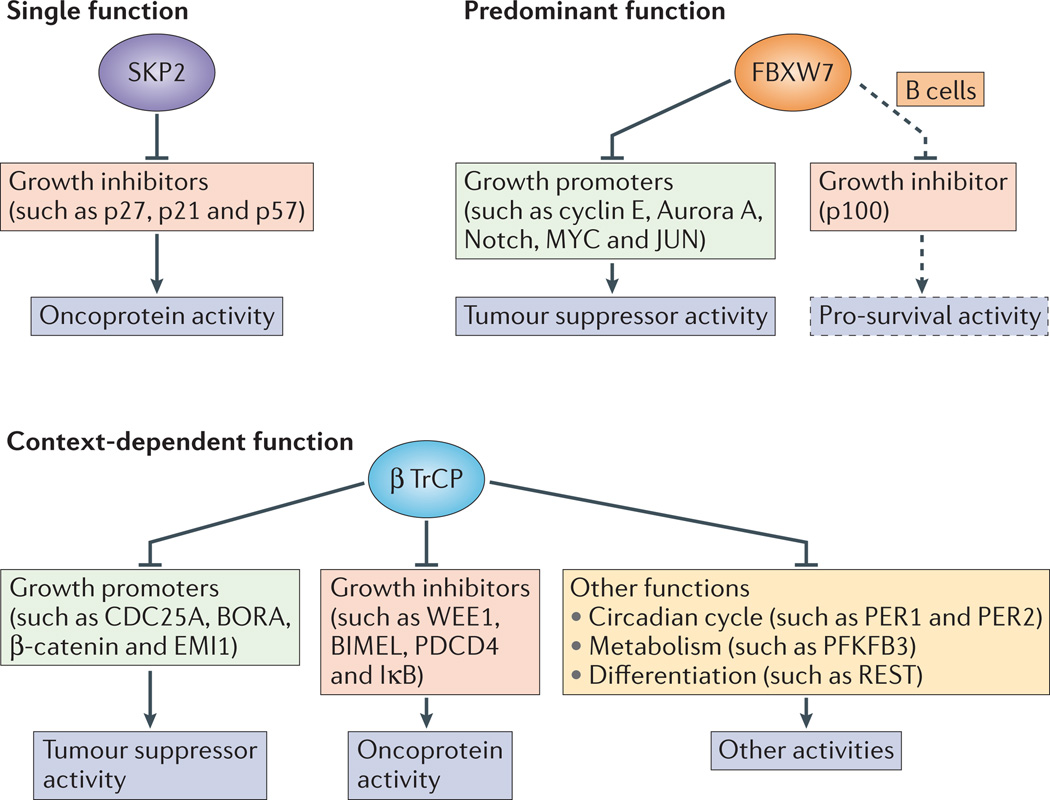Figure 4. Generalized and context-dependent functions of F-box proteins.
Studies of S phase kinase-associated protein 2 (SKP2), F-box and WD40 domain 7 (FBXW7) and β-transducin repeat-containing protein (βTrCP) show that F-box proteins can have generalized and/or context-dependent functions. As shown in mouse models, SKP2 functions as an oncoprotein that ubiquitylates and hence degrades growth suppressive substrates. Moreover, in mouse models, FBXW7 functions as a tumour suppressor by ubiquitylating growth-promoting substrates, but this role is cell type specific. In B cell lineages, FBXW7 actually has a pro-survival role by mediating the degradation of p100, an inhibitor of nuclear factor-κB (NF-κB) signalling. βTrCP function is highly stimulus and cell type specific, and it has a role in many disparate pathways, including pathways beyond cell growth and proliferation. BORA, aurora borealis; BIMEL, BCL-2-interacting mediator of cell death extra long; EMI1, early mitotic inhibitor 1; IκB, inhibitor of κB; PDCD4, programmed cell death 4; PER, period; PFKFB3, 6-phosphofructo-2-kinase/ fructose-2,6-biphosphatase 3; REST, RE1-silencing transcription factor.

